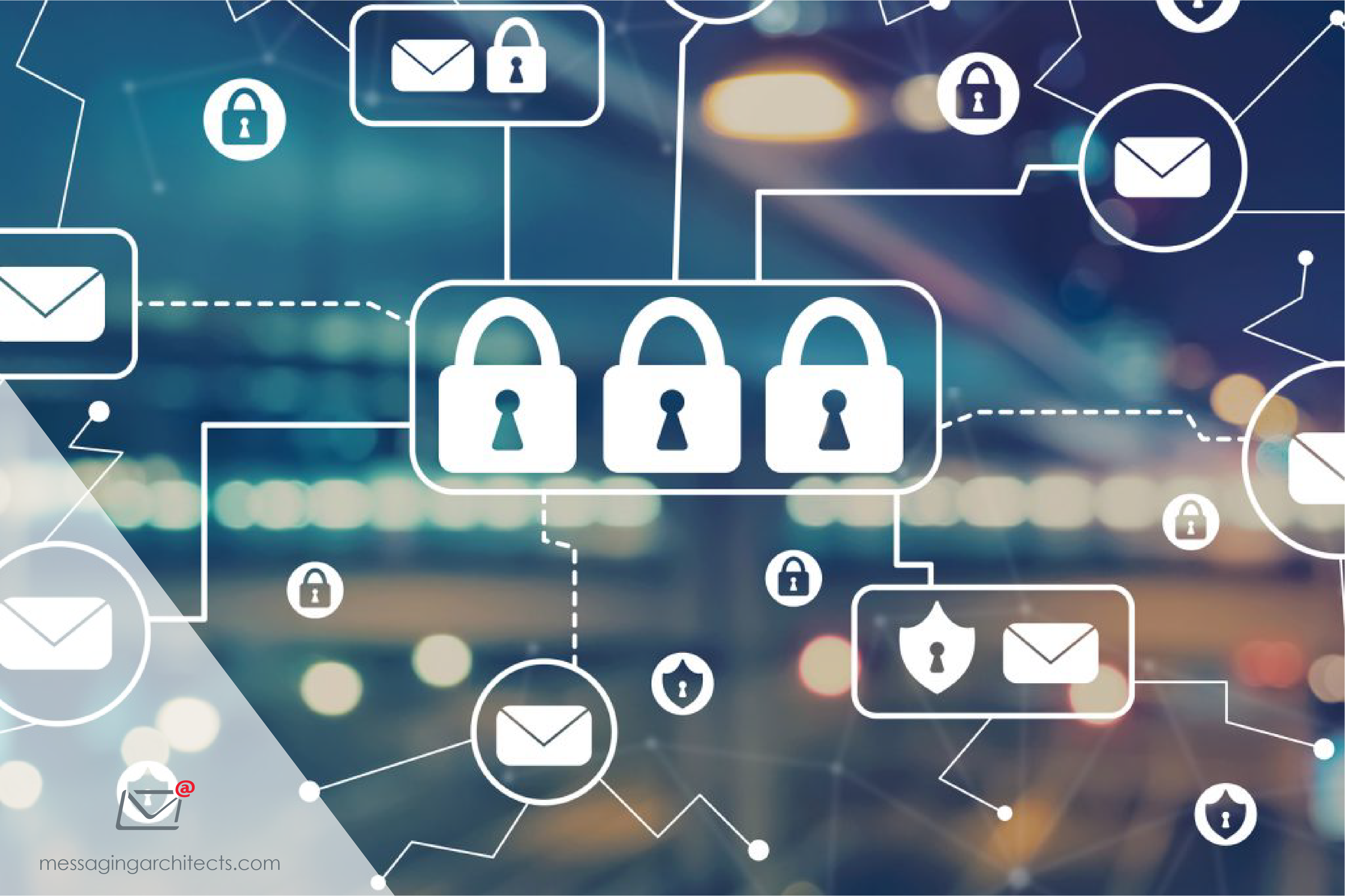Email Management Tips from Greg Smith
With all the modern advances in communication, email remains a lifeline for most organizations. For example, team leaders can communicate instantly and simultaneously with team members in multiple offices. Archived messages provide a digital trail of discussions and can even prove pivotal in court. And businesses can tailor messaging to specific audiences.
However, while email can act as your biggest asset, it can also be your greatest liability. From server bloat to diminished productivity to exposure of sensitive data, mismanaged email distracts from core business and can even affect the bottom line.
Control Server Bloat
According to various studies, the average office worker receives over 100 emails every day. Even for an office with just 50 employees, that can add up to 1.5 million emails each year. To compound matters, many of those emails include attachments that require additional server space.
Over time, this places a heavy load on your email server. Performance suffers, messages fail to send, and your email system may experience random crashes. You are experiencing server bloat.
Streamline Information Storage
All too often, users treat email like a filing cabinet, literally dumping thousands of emails and attached files into their email folders. Imagine an employee sorting through ten years’ worth of emails to find a single file or conversation thread.
How many times have you searched for a document, only to find three versions of the document attached to different emails? Searching through thousands of disorganized emails eats away at your productivity. In fact, studies show that most workers spend an average of two-and-one-half hours every day in email.

Mitigate Security Risks
Consider the amount of sensitive information that could potentially pass through your organization’s email system on any given day. Certainly, you value that information highly, from financial forecasts to customer data to discussions of projected development projects.
Now, imagine what would happen if an employee accidentally copied the wrong email address on an email with proprietary files attached. Significantly, your organization could become the next headlining data breach.
Incoming mail, too, can prove problematic, with clever scams finding their way into employee inboxes. Indeed, it takes just one employee clicking a malicious link to introduce hackers into your system.
Email Management Turns a Liability into an Asset
Fortunately, there are solutions. With proper email management, your organization can reclaim the beauty and efficiency of email. Hence, consider these tips for effective email management:
- Encourage individuals to define email rules – Microsoft Outlook includes a Rules function that allows you to define actions for certain types of emails. For instance, you can specify that all emails from a specific user or with a specific subject automatically move to your To Do folder.
- Define email policies to clean up email archives – For example, birthday notices from Human Resources have no value after a day. Set them to automatically move to Trash. Additionally, significantly reduce the size of your archive by removing attachments.
- Carefully define and regularly review your email retention policies – Should emails be archived after six months, after one year? To clarify, your retention policies should also ensure compliance with any applicable regulations.
- Determine policies for attachments – File attachments take up space and can pose a security risk. Create policies and educate users on the proper sharing of documents. Microsoft OneDrive and SharePoint offer much more powerful ways to collaborate on documents both inside and outside your organization.
- Educate your users – Once you start applying email policies and educating employees, they will begin to think for themselves. As they develop a security mindset toward email, that will extend to other areas of the business.
Smart archiving, well-defined email management policies and proper employee training will help you avoid server bloat and streamline searches. In fact, you will reduce the risk of data breach as you more efficiently control the movement of sensitive information.

Tap into Expert Resources
Effective email management is a full-time job. Hence, consider employing the resources of managed services experts. They can assist you with email migration. In addition, they can help you define effective email management policies and implement a comprehensive security solution.
Greg Smith, Vice President of Services Delivery, heads a team of experienced email engineers at Messaging Architects. Drawing on a wealth of experience, the Services Delivery team deploys top tier solutions. They range from large-scale email migrations to security audits and information governance assessments. Smith aims to minimize headaches and cost for his clients, while ensuring business continuity throughout the project.








